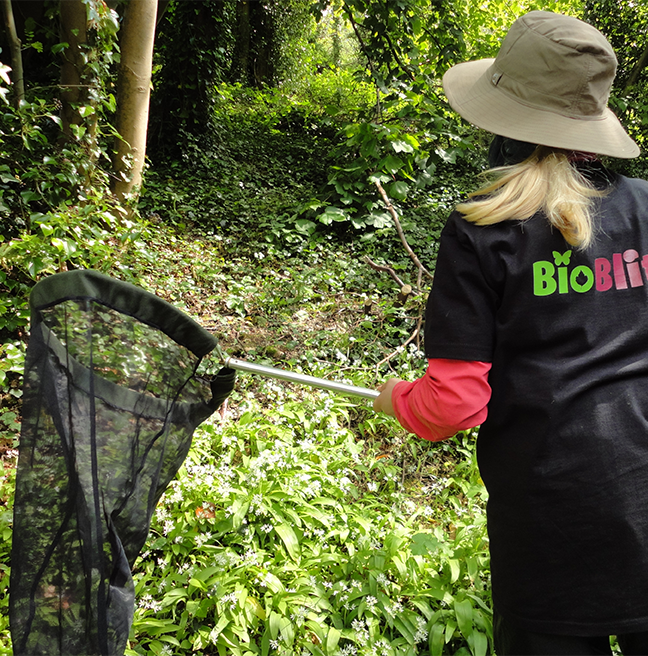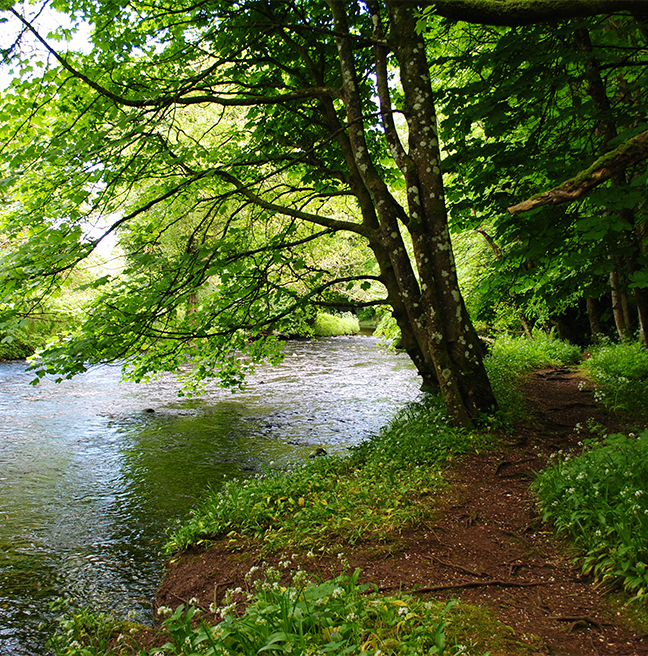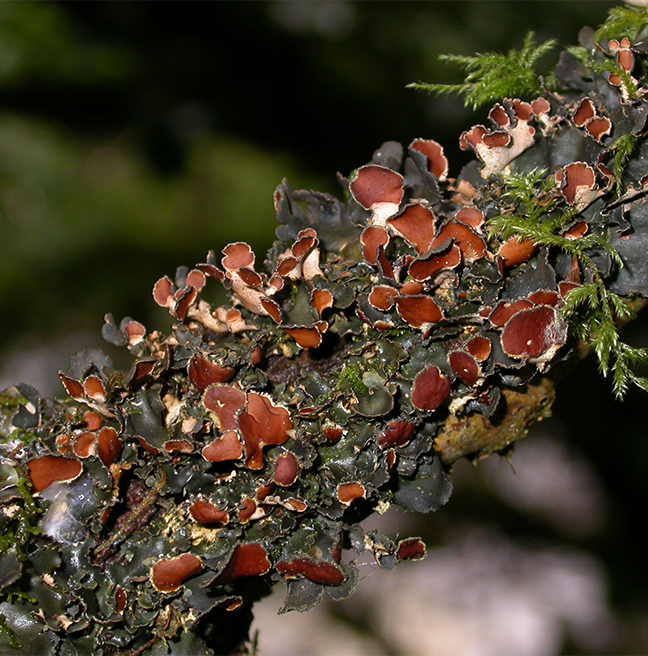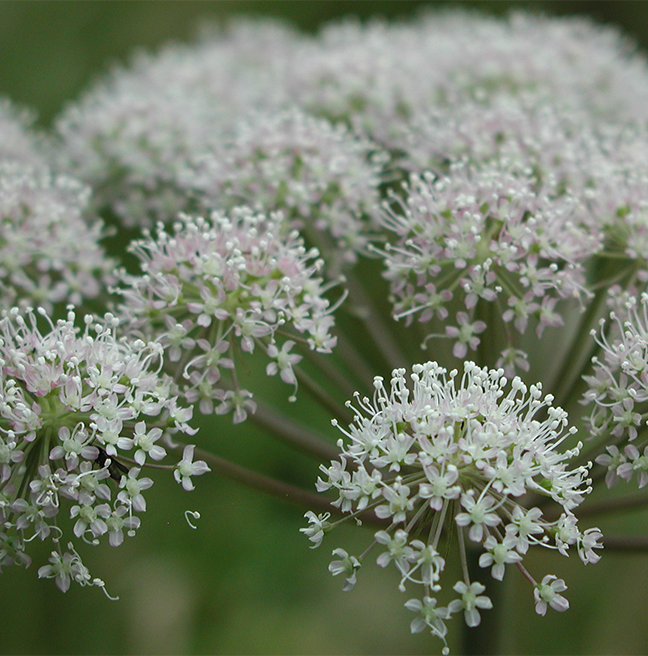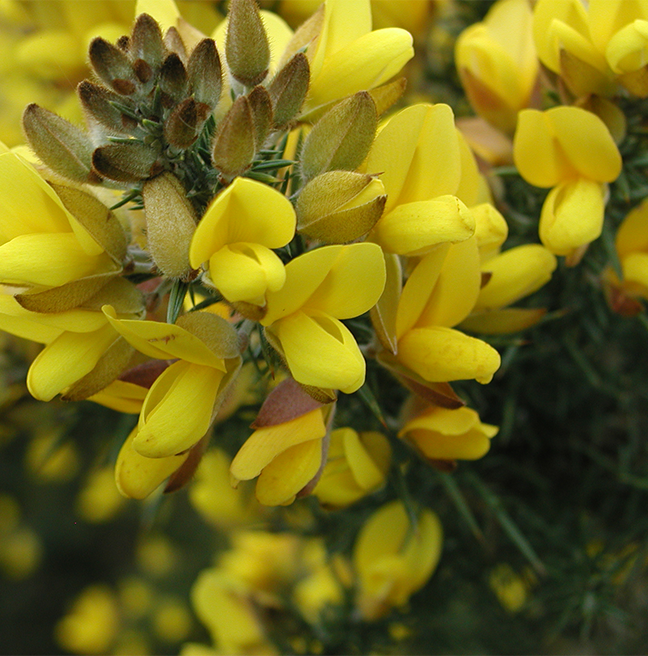CEDaR provides access to information on the wildlife of Northern Ireland and its coastal waters. Whilst ensuring the confidentiality of sensitive biological records, information is released in response to an Information Request.
If the enquiry is commercial, a charge may be made. This charge is based on the time required to process the request. The income generated through information requests is made available to the Environmental Recorders’ Group (ERG) Fund.
There are two separate forms for requesting information from CEDaR, one for terrestrial and freshwater data and one for marine data. Please choose the one relevant to you and click on the link to download:
An example of a completed marine form is available here.
Frequently asked questions
- What is an Information Request?
This is a formal request made to CEDaR by, for example, environmental consultancies, groups or individuals seeking environmental information.
Typical requests include:
General species information.
Records for species of known conservation status, for example, in a specific locality.
Records showing the distribution of a particular species in a specific area, or throughout Northern Ireland.
Records for all species in a specific area.
Commercial Enquirers
If a commercial organisation requests information, and there are records available, there is a charge. This charge is based on the time taken to process the request (not for the records themselves). The nominal charge rate is available on request.
The income generated through information requests is specifically made available to members of the Environmental Recorders’ Group (ERG).
Non-Commercial Enquirers
Information is provided free of charge to non-commercial enquirers, for example, voluntary, educational or research groups or individuals.
- What geographical area does CEDaR cover?
CEDaR’s remit relates to the collation of records from Northern Ireland and its coastal waters. For information concerning the Republic of Ireland, please contact the National Biodiversity Data Centre (NBDC), Waterford.
For certain groups, CEDaR may hold limited data for the Republic of Ireland. Although these records have been collated through the personal interest of individual recorders, for example, on holiday, they can only be released with their prior approval. Please note that CEDaR does not actively collate or disseminate data sets that specifically relate to the Republic of Ireland.
- What is the procedure when requesting information?
Choose the Information Request Form relevant to your enquiry from the choice above and proceed accordingly.
Email the completed form to us or post to CEDaR, marking the envelope ‘Information Request’.
An accompanying annotated map can be scanned and attached to the email. A map is important for most enquiries and is vital where more complicated outlines are involved.
- How long, on average, does it take for a request to be processed?
Normally, CEDaR staff will respond to a request within seven working days.
- If CEDaR does not have any data for an area, does this mean there is no information available?
No, not necessarily. There may be information held by another organisation or individual. If that is known to be the case, you will be informed and given the appropriate contact details.
*Please note that CEDaR does not comment on or interpret the data resulting from a data search.
